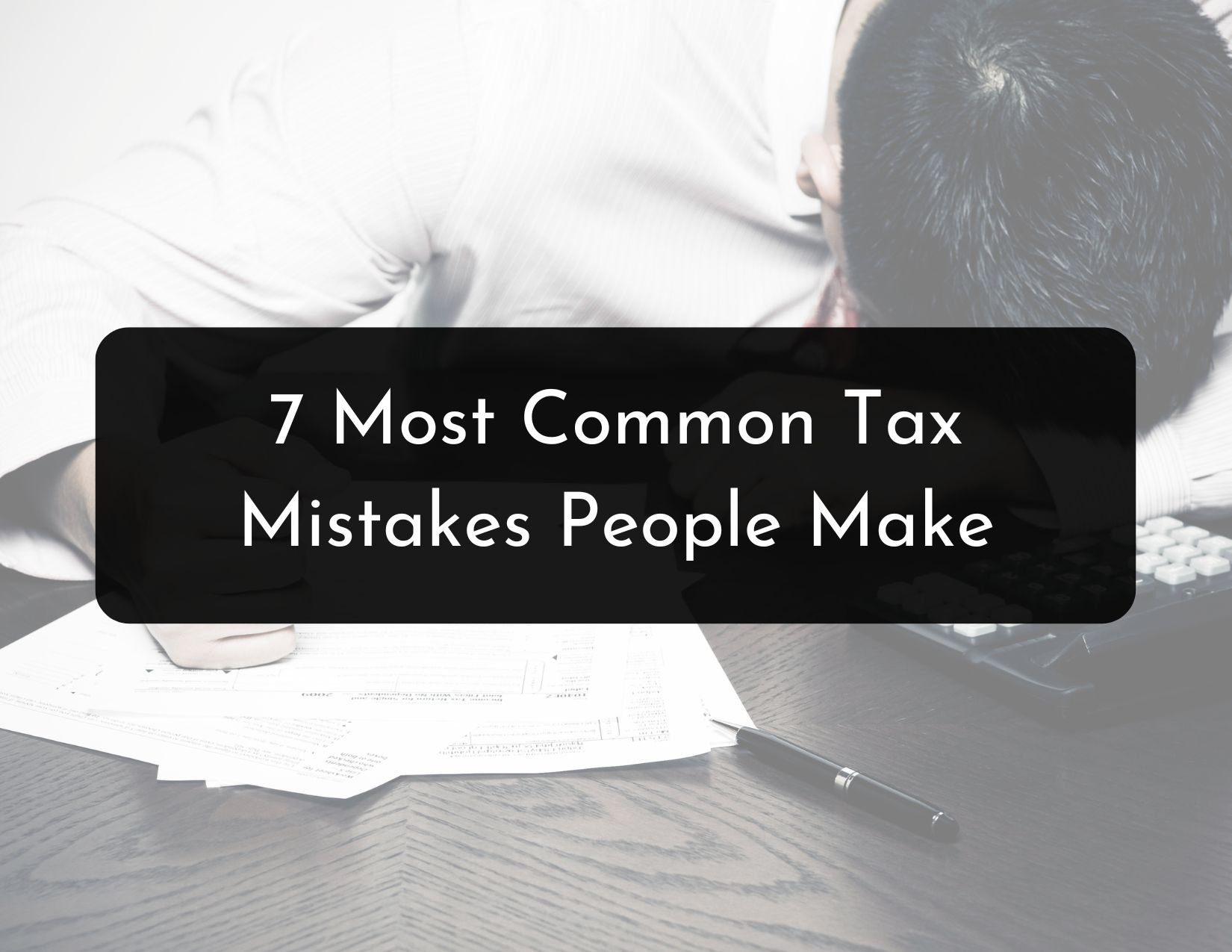
Tax compliance is a critical aspect of running a successful business in Nigeria. Yet, many businesses—whether startups, SMEs, or large corporations—fall into common tax pitfalls that can result in penalties, legal troubles, and financial setbacks. At Faturoti Taiwo and Co., we specialize in helping businesses navigate Nigeria’s complex tax landscape. Here are some of the most frequent tax mistakes Nigerian businesses make and how to avoid them.
1. Failure to Register for Taxes on Time
Many business owners delay registering their businesses with the Federal Inland Revenue Service (FIRS) or the State Inland Revenue Service (SIRS), depending on the type of tax involved. This delay can lead to penalties and missed opportunities for tax planning.
How to Avoid It: Register your business and obtain a Tax Identification Number (TIN) as soon as possible. Consult with tax professionals to ensure you are compliant with both federal and state tax requirements.
2. Non-Remittance of VAT and Withholding Tax
Value Added Tax (VAT) and withholding tax (WHT) are mandatory in Nigeria, yet some businesses fail to remit them correctly or on time. This non-compliance can attract penalties and interest charges.
How to Avoid It: Ensure you collect VAT on taxable goods and services and remit it promptly to the FIRS. Similarly, deduct and remit WHT from applicable payments to vendors or contractors.
3. Poor Record-Keeping
Many Nigerian businesses do not maintain proper financial records, making it difficult to file accurate tax returns. Poor bookkeeping leads to errors in tax calculations and exposes businesses to audits and fines.
How to Avoid It: Keep detailed records of all financial transactions, including sales, expenses, payroll, and tax filings. Consider using accounting software or hiring a professional accountant to maintain accurate financial records.
4. Incorrect Tax Filings
Errors in tax returns, such as incorrect deductions, misclassifications, or missing deadlines, can lead to audits and financial penalties. Some businesses also fail to file their returns at all, compounding their tax liabilities.
How to Avoid It: Engage a tax expert to review and file your tax returns. Ensure that all deductions and tax calculations comply with the latest tax laws.
5. Misclassification of Employees and Contractors
Some businesses mistakenly classify employees as independent contractors to avoid payroll taxes. However, misclassification can result in severe penalties if discovered during an audit.
How to Avoid It: Clearly distinguish between employees and independent contractors based on FIRS guidelines. If in doubt, consult a tax professional to ensure proper classification.
6. Ignoring Tax Planning Strategies
Many businesses fail to take advantage of legal tax-saving strategies such as tax exemptions, incentives, and deductions. Without proper tax planning, businesses end up paying more tax than necessary.
How to Avoid It: Work with tax consultants to identify applicable tax benefits, including pioneer status incentives, capital allowances, and other government-backed tax reliefs.
7. Failure to Keep Up with Changing Tax Laws
Nigeria’s tax laws and policies frequently change, and businesses that do not stay updated risk non-compliance.
How to Avoid It: Regularly consult tax professionals, attend tax seminars, and follow updates from FIRS and SIRS to stay informed about tax law changes.
Avoiding these common tax mistakes can save your business from unnecessary financial burdens and legal troubles. At Faturoti Taiwo and Co., we offer expert tax advisory services to help Nigerian businesses remain compliant and optimize their tax strategies. Contact us today for professional guidance on tax compliance and financial management.
Need professional tax assistance? Reach out to Faturoti Taiwo and Co. today to ensure your business stays tax-compliant and financially healthy.

